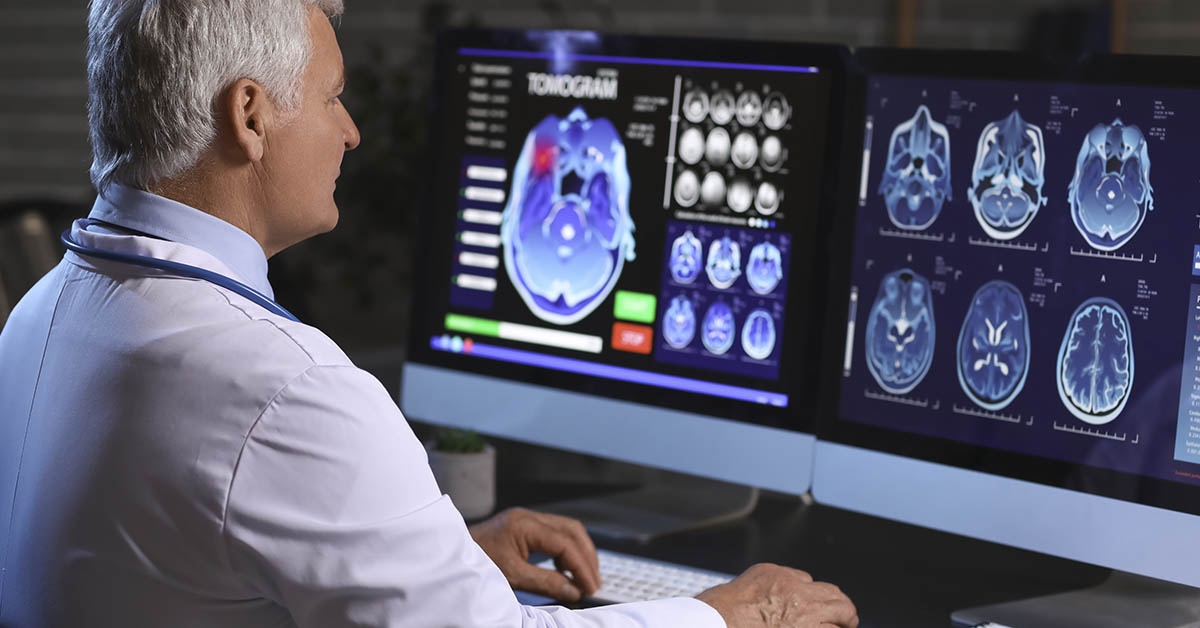Alzheimer’s is a disease that normally is associated with older people. While this is the most common, young-onset Alzheimer’s, or young Alzheimer’s, does exist. This is classified as Alzheimer’s, which occurs before 65 years of age. In China, a 19-year-old man has become the world’s youngest patient diagnosed with Alzheimer’s.
The teenager from China was admitted to a memory clinic at the Capital Medical University in Beijing for evaluation of his memory loss. After undergoing a brain biopsy and other tests, neurologists concluded that he was likely suffering from probable Alzheimer’s disease.
19-Year-Old Diagnosed With Young-Onset Alzheimer’s

For two years, a teenager from Beijing began experiencing memory loss problems. Beyond memory loss, he began experiencing delayed reactions, and reading difficulties and had trouble concentrating. The 19-year-old’s condition worsened, leading him to seek medical attention in his final year of high school. By that time he couldn’t even recall what he had eaten for dinner the night before and had to drop out of high school.
He visited the Capital Medical University in Beijing, where they diagnosed him with Young-Onset Alzheimer’s. (1) Following his diagnosis, doctors believe he is now the youngest person ever diagnosed with Alzheimer’s in China and potentially the world. The tests and scans that the doctors ran confirmed the disease. His hypothalamus, the part of his brain responsible for cognition, had shrunk.
He had elevated levels of tau protein and damage to his temporal lobe. These are all tell-tale markers of Alzheimer’s. The young man’s diagnosis has shocked many medical experts worldwide who are researching why this disease appears earlier in some people than others. He had no family history of the disease, nor did he have the genetic mutation usually seen in young-onset Alzheimer’s patients.
“He could not recall events from just one day prior or the places of his personal belongings. He also had difficulty reading and reacting. […] He could not remember whether he had eaten or not […] He was unable to complete his education and had to withdraw from high school, even though he had had an above-average academic performance before beginning to experience significant cognitive decline two years prior.” they wrote in the case report. (2)
Read More: Scientists Name New Type of Memory Loss Often Mistaken For Alzheimer’s
What Normally Causes Young-Onset Alzheimer’s

Normally, young-onset Alzheimer’s is caused by genetic mutations. The most common in this instance are Presenilin 1, Presenilin 2, and Amyloid precursor protein (APP). They cause excessive production of the protein fragment amyloid-beta peptide. This is the precursor to the amyloid plaques that are found in the brains of Alzheimer’s patients.
It is also thought that environmental factors may play an important role in developing this illness at a young age and genetic predisposition, which can increase one’s risk of developing it earlier in life. Though there is no cure for Alzheimer’s, doctors are doing their best to help this young man manage his symptoms and slow down its progression. They are providing him with medication and therapies such as cognitive training and physical exercise programs designed specifically for individuals living with dementia or other forms of cognitive decline.
Read More: The Cause of Alzheimer’s Could Be Coming From Inside Your Mouth, Study Claims
Not The Only One

While this 19-year-old may be the youngest diagnosis, he is not the only very young person to be diagnosed with young-onset Alzheimer’s. There have been several instances of people between the ages of 21 and 31 from various countries who have the same diagnoses. Some of them, sadly, have already passed away from the illness. The research team in Beijing is working hard to use their findings with this new teenage case to study young-onset Alzheimer’s further.
The goal is to find much faster diagnostics to detect the signs of the illness years before the symptoms manifest. While their study focuses on the early onset of the illness, naturally, their findings could potentially help those who may suffer from it later in life, as well.
More On Young Onset Alzheimer’s

Young-onset Alzheimer’s is classified as Alzheimer’s that is diagnosed before 65 years of age. It is not very common. Of all the people diagnosed with the disease, only about 5% to 6% of those are younger than 65. In any form of the disease, Alzheimer’s can be present in the brain for years without showing any symptoms. (3) The goal is to discover a way to catch it before those symptoms manifest. This way, perhaps one day, we will be able actually to find a cure.
Read More: Neuroscientists Warn of “Cascading” Alzheimer’s Risk From These Two Habits
Sources
- “19-year-old Chinese man becomes youngest ever patient to be diagnosed with ALZHEIMER’S – despite no family history of disease.” Daily Mail. Cassidy Morrison. February 15, 2023.
- “World’s Youngest Alzheimer’s Disease Patient Diagnosed At 19 Years Old.” IFL Science. Laura Simmons. February 14, 2023,
- “Young-onset Alzheimer’s: When symptoms begin before age 65.” Mayo Clinic. Mayo Clinic Staff.

